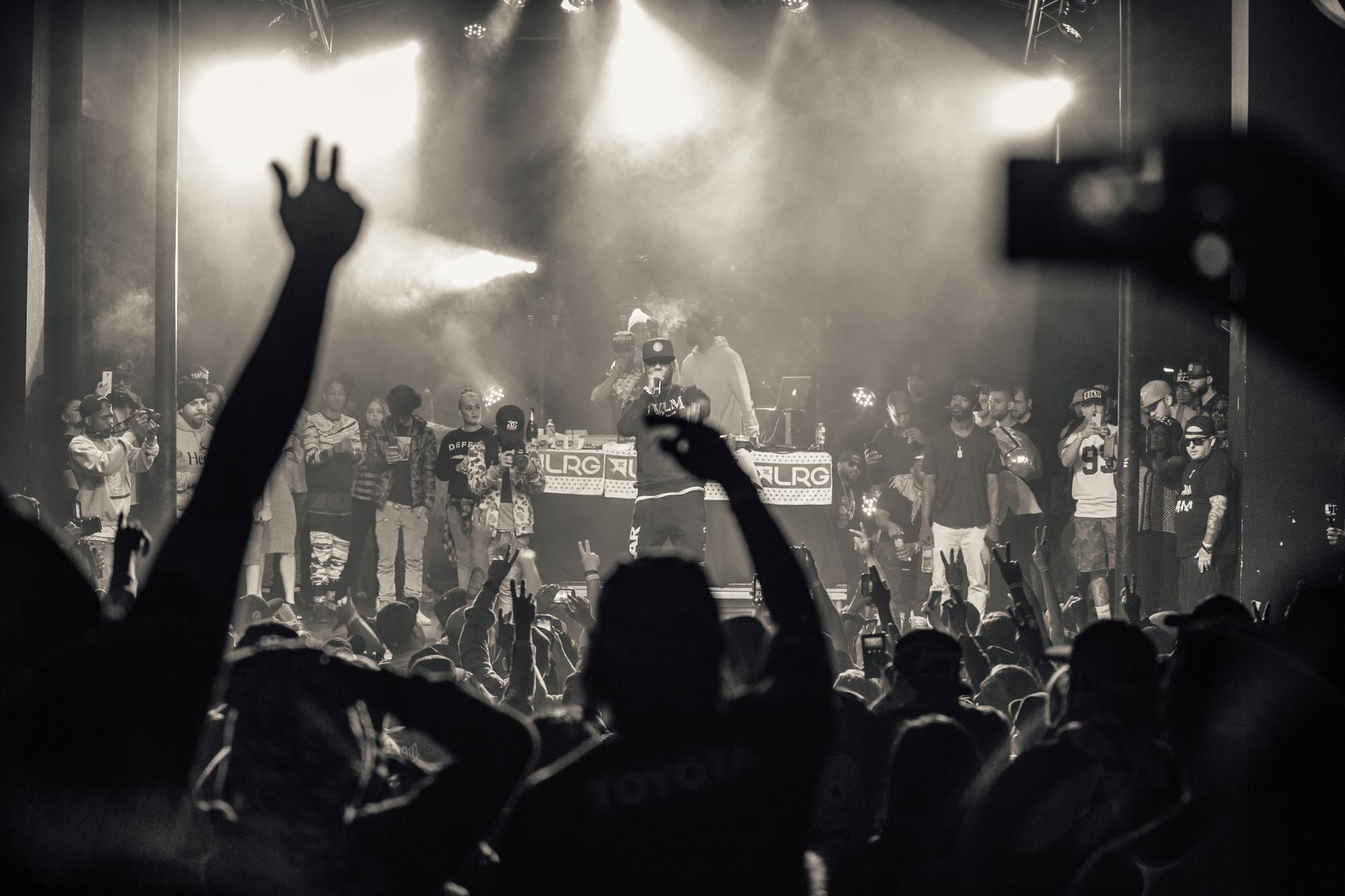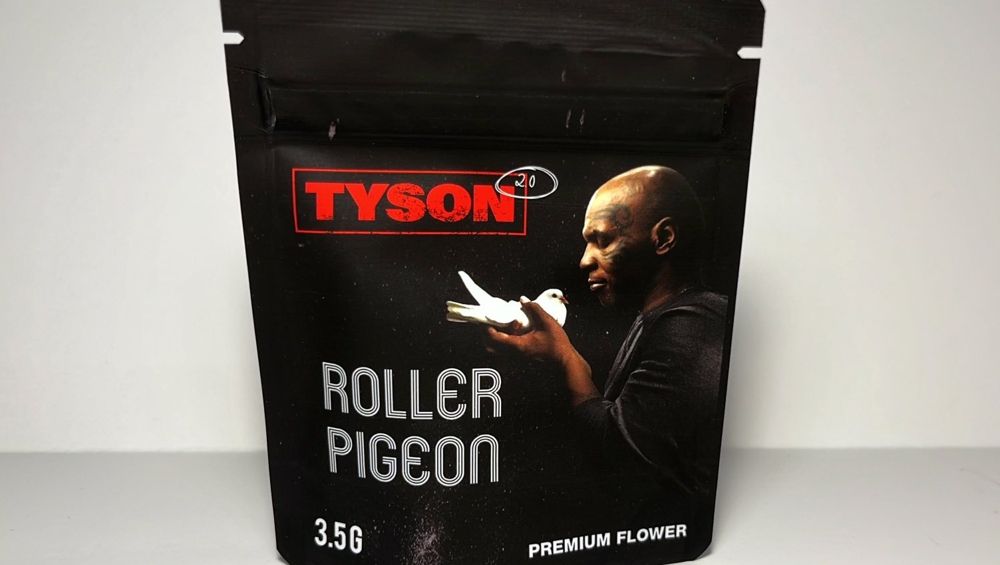It sounds like the perfect mix: a famous name, a booming industry, and millions of eager fans. But for every cannabis brand launched by a celebrity, there’s another one quietly fading into the haze. The truth is, star power doesn’t always translate to staying power in cannabis.
The Legal Buzzkill
Unlike clothing or perfume, cannabis can’t be sold everywhere—at least not legally. Because marijuana remains federally illegal, brands have to operate on a state-by-state basis, each with its own licensing, testing, and packaging laws. Even with serious money behind them, celebrity brands often hit walls trying to expand.
Bloomberg pointed out that these restrictions have severely limited the growth of big-name cannabis ventures, despite the hype surrounding their launches.
Too Many Names, Not Enough Difference
The legal market is now flooded with cannabis products—flower, edibles, vapes, tinctures, and drinks—all fighting for limited shelf space. Celebrity lines compete against long-established growers and local craft brands that already have customer loyalty.
According to International CBC, many celebrity brands simply don’t stand out in the crowded marketplace and end up “fading as fast as they appeared.”
Authenticity Is Everything
Today’s cannabis consumers know their stuff. They care about terpene profiles, grow methods, and brand transparency—not just the name on the jar. When a celebrity’s cannabis line feels disconnected from genuine culture or experience, customers tune out.
Celeb Stoner observed that the most successful celebrity brands are those that feel personal—where the celebrity is visibly involved and invested, not just cashing a licensing check.
Lil Wayne’s GKUA Ultra Premium and Seth Rogen’s Houseplant are examples where personal branding and passion connect. But even those face hurdles scaling while keeping authenticity intact.
Hype Doesn’t Equal Longevity
The first few months of a celebrity launch can look like a runaway success—Instagram posts, magazine covers, and launch events. But when the media buzz fades, so do sales. Cannabis marketing rules are strict; paid ads are limited, and major platforms like Meta or Google don’t allow them.
That leaves brands leaning on organic buzz, which is hard to sustain. Rolling Stone noted that celebrity involvement alone no longer guarantees attention in a market that’s “oversaturated with famous faces and similar products.”
The Business Side Still Rules
Even if the branding is perfect, success in cannabis still depends on operations, compliance, and consistency. Poorly managed partnerships, bad batches, or regulatory missteps can kill momentum overnight.
As Yahoo Finance found, only a small number of celebrity lines have achieved consistent profitability — and most depend heavily on local partnerships to keep afloat.
Whoopi Goldberg’s Whoopi & Maya brand, for instance, was widely celebrated but ultimately shut down due to market pressures and internal challenges.
Fame Helps—But Passion Wins
In the end, cannabis consumers are loyal to quality and culture, not just celebrity. A famous face can bring people to the counter, but only authentic connection, consistent product, and trust will make them come back.
Celebrity can spark curiosity, but passion and credibility light the real flame.


